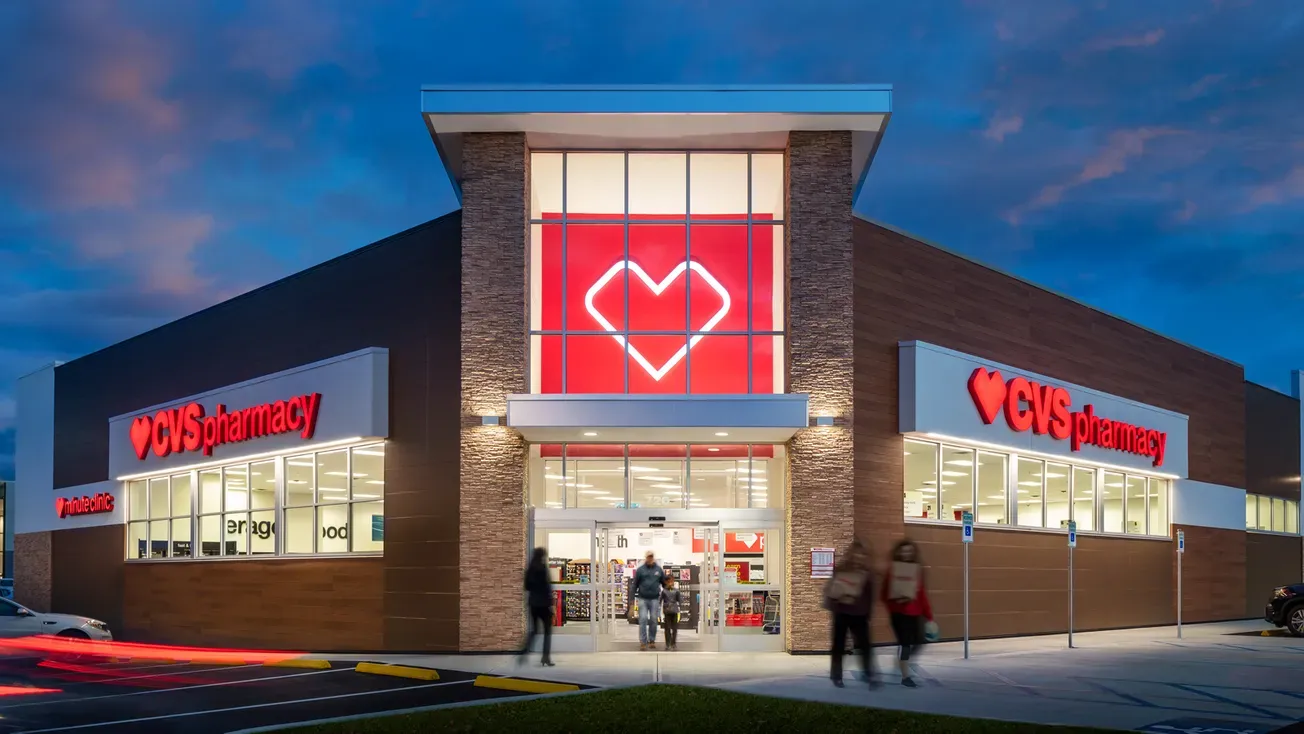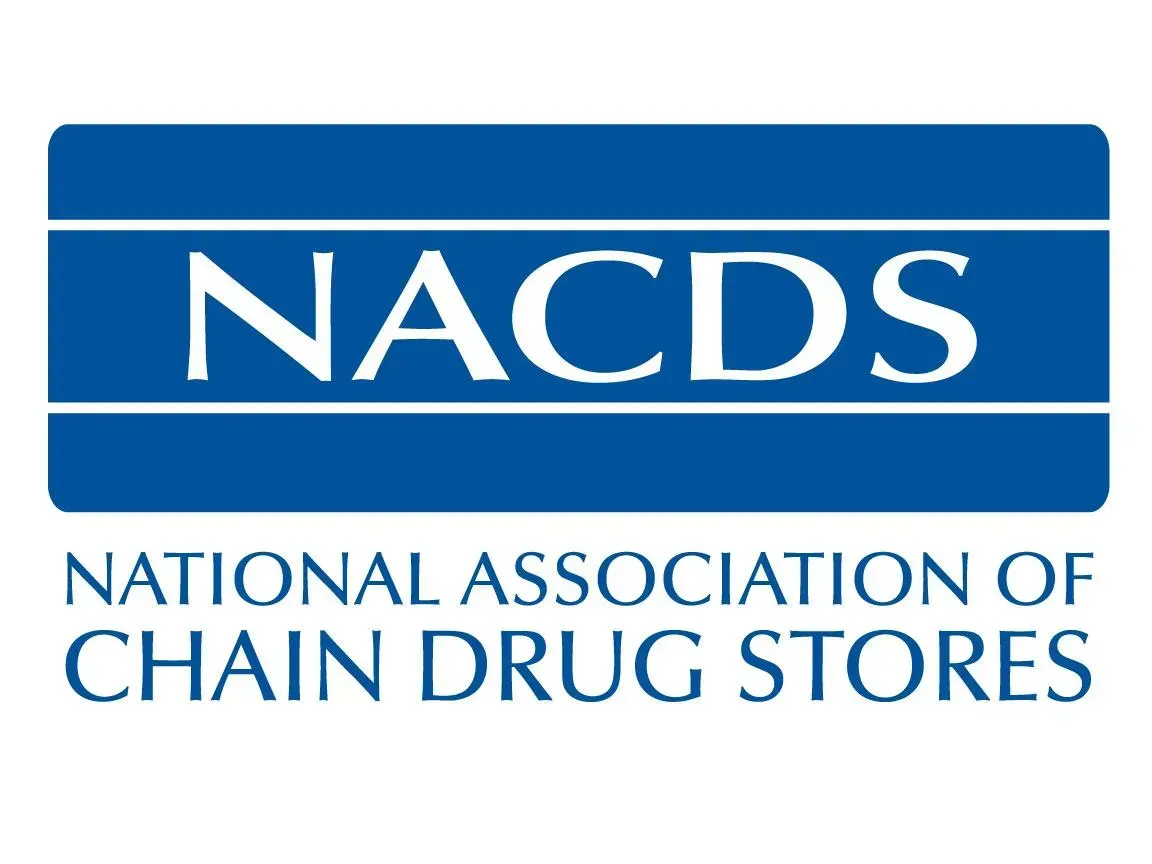The past year has seen seismic changes in the global wellness market. When looking at retail as a whole, the industry has been upended by the rise of voice-enabled technology, an earnest focus on health and wellness, and unexpected partnerships that prove that complacency is no longer an option. While it’s true that these factors, among others, have been catalysts for a number of industries, their effects on drug stores are poised to be some of the most impactful to consumers today.

Carl Jorgensen
In 2017, the global wellness market passed $3.7 trillion in value, according to Daymon’s “Private Brand Intelligence Report 2018,” and is only expected to rise as more people change their views on what it means to be healthy and look to drug stores to be their go-to partner on a new wellness journey. As the drug channel continues to look for ways to better connect with shoppers, here are five retail forces expected to drive change.
Private brands up the ante
As shoppers become less loyal, more price conscious and focused on personalization, private brands have been granted permission to enter the fray.
Every shopper has basic health care needs, but many are not able to pay a premium for them, nor are they willing to just settle for “me too” products. Further, as consumers increasingly take ownership of their personal wellness through connected devices, health care needs will become even more fragmented.

Nicole Peranick
Thanks to their inherent flexibility and unique position as a retailer-controlled suite of products, private brands are well positioned to better compete in this environment.
Companies like Amazon have taken the private brand trend in wellness by storm, selling an exclusive line of over-the-counter medications called Basic Care that offers health care products at reasonable prices.
We can only expect private brands to make greater inroads in drug and foray into new and more specialized areas of health care as shopper affinity continues to grow. Daymon research shows that 81% of shoppers believe that private brands address their specific needs at least as well as, if not even better than, national brands. Expect to see more retailers touting the private brand advantage in drug by continuing to capitalize on this ability to offer personalization at a value.
Manufacturers go direct
As drug retailers focus more on their private brand portfolios and put even more pressure on manufacturers, greater investments will be placed into direct-to-consumer models to better cater to the unique needs of the shopper.

Dave Harvey
“Made for you” products are having a moment as people look for solutions that fit their individual lifestyles, while offering convenience. Wellness brand Care/of does this well by offering a set of vitamins that are tailored to the specific needs of its users. By determining goals, allergies and more, the company creates packages that are sent in a pouch that has the user’s name on it and a fun fact — adding a personal touch that can often be lost in delivery.
This year, manufacturers will continue to push this trend forward in a big way by circumventing retailers and offering exclusive products by way of innovative pickup and delivery options.
Digital kicks into high gear
The on-demand world has led to a technological revolution that serves to meet the needs of a population that requires services that are customized, faster and more digitized — especially when it comes to health solutions.
Uber Health is responding to this by launching a new service that will allow hospitals and doctors to book rides for their patients to combat the 3.6 million missed or delayed appointments that result from a lack of reliable transportation.
With digital players like Uber, as well as Amazon and Apple, entering the health care space, drug stores will get more aggressive in shoring up their technology capabilities across the path to purchase, to defend against these nontraditional competitors invading their territory. On-demand fulfillment, mobile-based senior care, self-service health care, voice-assisted ordering, in-store endless aisles and digitally enabled shopper engagement are just some of the advancements that we can bet on for 2018.
Acquisitions, venture capital upend innovation
Across retail sectors, acquisitions and investments are replacing innovation as consumer demands place enormous pressure on retailers to deliver new items and services quickly and ingeniously.
Drug is no exception. CVS is merging with Aetna. Amazon is partnering with Berkshire Hathaway and JPMorgan Chase on employee health care. Walgreens is in talks to buy AmerisourceBergen. Albertsons is another recent player to enter the field, announcing its acquisition of Rite Aid Corp. in an effort to go public and acquire assets like Rite Aid’s pharmacy benefits and wellness/loyalty program.
Expect to see more unconventional partnerships emerge as drug retailers seek bolder paths to innovation.
New niches necessitate new formats
Shifting demographics, changes in the Affordable Care Act and rising drug prices, along with greater access to self-knowledge, are disrupting an industry historically based on the mass market, and are forcing it to adopt a flexible strategy capable of addressing distinct niches.
When you consider that the average household is actively treating or preventing nine health conditions, that necessitates the need for more targeted store formats, including the products and services offered within.
We are already starting to see drug retailers respond to these consumer shifts, such as CVS’ Discovery Zone store design and the new service-based format concept from Walgreens launching later this year.
As we look ahead, drug retailers will also take cues from other channels of trade to continue to innovative around the store format. Such examples as the FamilyMart (Japan) Fit & Go 24-hour health and fitness center, the Carrefour (Italy) urban format, Publix’s Greenwise (U.S.) organic-focused format, Moby Mart’s (China) transit-oriented store, Yonghui’s (China) unmanned store and Amazon Go’s (U.S.) “just walk out” store will inspire drug retailers to continuously challenge the status quo.
What’s clear is that the drug channel is in the midst of sizable transformation as it moves from one-size-fits-all to “made for me” wellness. Retailers and brands that step up to the plate and embrace these five retail forces will survive and thrive. Those who don’t will be left behind.
Dave Harvey, Carl Jorgensen and Nicole Peranick are directors of thought leadership at Daymon.









